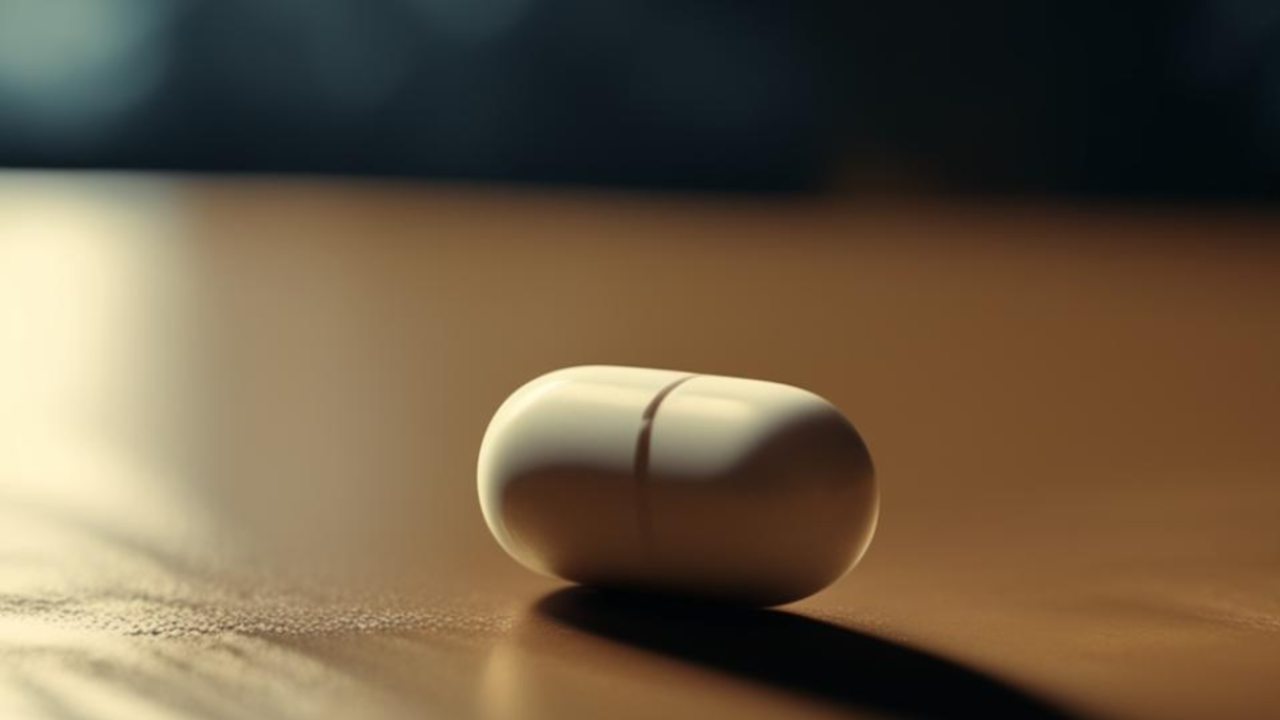Peptides are short chains of amino acids that serve many functions in the body, from hormones to structure. They are widely used in pharmaceuticals; For example, they are used in the form of insulin to treat diabetes. The advantages of peptide therapy are high efficiency, selectivity and safety. However, oral use of such drugs encountered difficulties: large peptide molecules were destroyed in the aggressive environment of the digestive tract and could not be fully absorbed into the blood.
Researchers at EPFL overcame these obstacles by creating a cyclic peptide that is resistant to digestive enzymes. The trick was to add a special sulfur-containing unit to the peptide. The resulting drug bound highly selectively to the enzyme thrombin, which plays an important role in blood clotting.
Tests on rats showed that the bioavailability of the new peptide was 18%; This means that 18% of the received dose reaches the bloodstream and has a therapeutic effect. Although at first glance this figure seems low, this is a major breakthrough for cyclic peptides, as their bioavailability generally does not exceed 2%.
News materials cannot be equated with a doctor’s prescription. Consult an expert before making a decision.
Source: Ferra
I am a professional journalist and content creator with extensive experience writing for news websites. I currently work as an author at Gadget Onus, where I specialize in covering hot news topics. My written pieces have been published on some of the biggest media outlets around the world, including The Guardian and BBC News.










